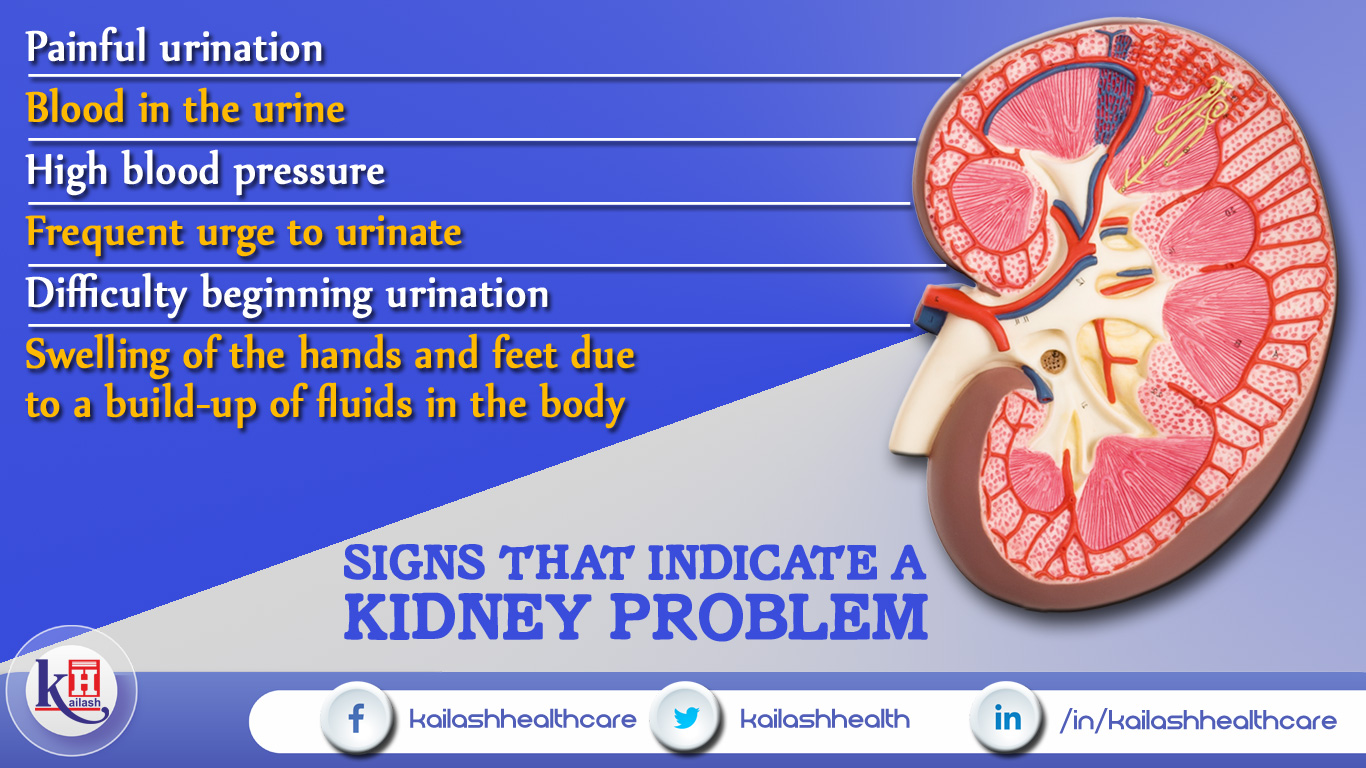Everything About Kidney Stones
We love to see stones in the sea but who likes to have stones in the Kidney? Nevertheless it had become one of the most common health problems. Very few medical problems prove to be more painful than a kidney stone pain. Survey say most people do not realize they have a kidney stone after having unhealthy lifestyle, until it reaches to the serious level of pain. Through this article we want people to know about its symptoms, causes & medical help approach.
Let’s know how it caused. Kidney stones are formed when certain minerals, salts & acidic substances like calcium, phosphorus & oxalate accumulate & become concentrated to form hard deposits in the urinary tract. The process starts in the kidney first. Sometimes it is very painful, while some people do not even realize when their kidney stone is expelled out. Having pain medication & drinking lots of water can help the problem.
Types of Kidney Stones
Kidney stones are most common in men & obese people. Certain conditions like hyperparathyroidism, polycystic disease can also raise the risk. Once you have kidney stone, you are higher risk of getting it twice in life, so be extra cautious. There are four types of kidney stones like:
1. Calcium stones– most stones are calcium stones formed out of calcium oxalate present in food & produced by liver. High dose of Vitamin D, metabolic disoreders can lead to increased level of calcium & oxalate in urine.
2. Struvite stones– Theses are formed due to urinary infection, & grow very quickly even without giving any symptoms. They contain magnesium & waste product ammo
3. Uric acid stones– These stones are formed in people who have high protein intake, with low fluids or water have these stones. Gout or genetic factors also cause uric acid stones.
4. Cystine stones– These are hereditary forms of stones that cause the kidney to excrete too much of certain amino acids (cystinuria).
Symptoms
Kidneys regulate the level of fluids in the body to produce urine. When this balance is disturbed kidney stones are formed. This can happen due to dehydration, low fluid intake or some medical condition. When the stone moves into your kidney to the ureter, it may cause painful symptoms. Some symptoms include:
• Severe pain in the sides & back below ribs
• Pain & burning during urination
• Urinating most frequently
• Fluctuating pain in abdomen
• Nausea & vomiting
• Cloudy & foul smelling urine
• Urinating small amounts
• Fever & chills due to infection
Sometimes the symptoms may get intense with pain that is intolerable. The immediate action at that moment is to rush to a doctor or nephrologist for immediate medical attention.
• Intolerable pain
• Blood in urine
• Pain accompanied by nausea or vomiting
• Pin with fever & chills
• Prompted urination
There is no definite cause of kidney stone. They are causes when urine has accumulated calcium, oxalate & uric acid that urine cannot dilute. The best way to prevent kidney stones is to avoid dehydration. If you are adequately hydrated, then your urine is clear. Drinking at least 8-10 glasses of water daily can keep kidney stones at bay.
Risk factors that you can control
Dehydration – Not drinking sufficient amount of water to dilute the salts & minerals can lead to their accumulation to develop kidney stones.
Family history – If any of your family member had kidney stone you are at increased risk of having one. Any personal history with kidney stones can again put you into the trap of kidney stones.
Dietary factors – Diet sometimes be the cause of Kidney stones. High intake of vitamin D, salt, proteins, oxalates(dark green vegetables) may increase the risk of kidney stone formation.
Obesity – excess weight is linked to increased risk of kidney stone formation. Imbalance in BMI also is a risk of stones.
Digestive disease or surgery – Diarrhea, inflammatory bowel disease & other digestive diseases causing inability to absorb the calcium & water, can give a risk of building kidney stones.
Certain medical conditions – Hyperparathyroidism, renal tubular acidosis, cystinuria, certain medications and some urinary tract infections can give rise to formation of kidney stones.
Treatment
Some kidney stones expel from the urinary tract by themselves with drinking enough water & medications, whereas some may require vibration waves or surgery to break them down or remove them. Always remember once you get kidney stones, you are at higher risk of getting it again, so the best solution is staying hydrated & having healthy lifestyle. In case you experience any of the severe symptoms mentioned above, you may have stones in your kidney.
Get immediate medical help from one of the best nephrologists at Kailash Hospital, Noida.
For any related queries or booking appointments, call 0120-2444444/2466666 or visit http://www.kailashhealthcare.com

Thanks for providing the relevant information.